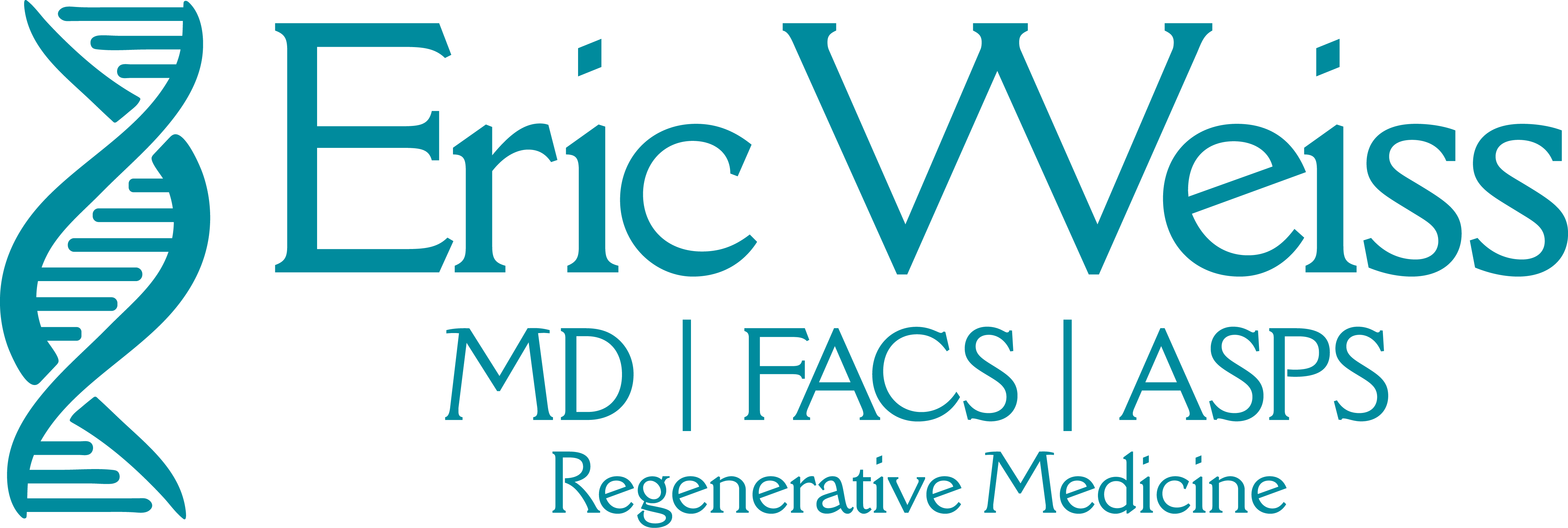Arthritis
Stem Cell Therapy for Arthritis
Arthritis is a common condition that causes joint pain, stiffness, and reduced mobility. There are two primary types:
- Rheumatoid Arthritis (RA): An autoimmune disorder where the immune system mistakenly attacks the joints, primarily affecting small joints like those in the hands and wrists.
- Osteoarthritis (OA): A degenerative condition caused by general wear and tear on the joints, often affecting larger joints such as the shoulders, hips, and knees.
How Umbilical Cord Stem Cells Can Help
Stem cell therapy using umbilical cord blood offers a unique, dual-action approach for treating both types of arthritis by addressing inflammation and promoting tissue repair.
Rheumatoid Arthritis (RA)
Stem cells target two key areas:
- Joint Inflammation: The cells migrate directly to inflamed joints, helping to reduce pain and swelling while promoting tissue healing.
- Immune Regulation: RA is rooted in an overactive immune response. Umbilical cord stem cells contain T regulatory cells, which play a critical role in calming autoimmune activity and reducing the body’s attack on its own tissues.
While not a cure, many patients experience a reduction in symptoms or even remission for a period of time. However, outcomes vary, and not all patients benefit equally.

Osteoarthritis (OA)
In OA, cartilage loss and immune response contribute to joint pain and dysfunction. Umbilical cord stem cells can:
- Help reduce inflammation within the joint space
- Stimulate cartilage repair and regeneration
- Improve mobility and reduce pain, often after just one treatment
Most patients with osteoarthritis report significant improvement in joint function and quality of life.
